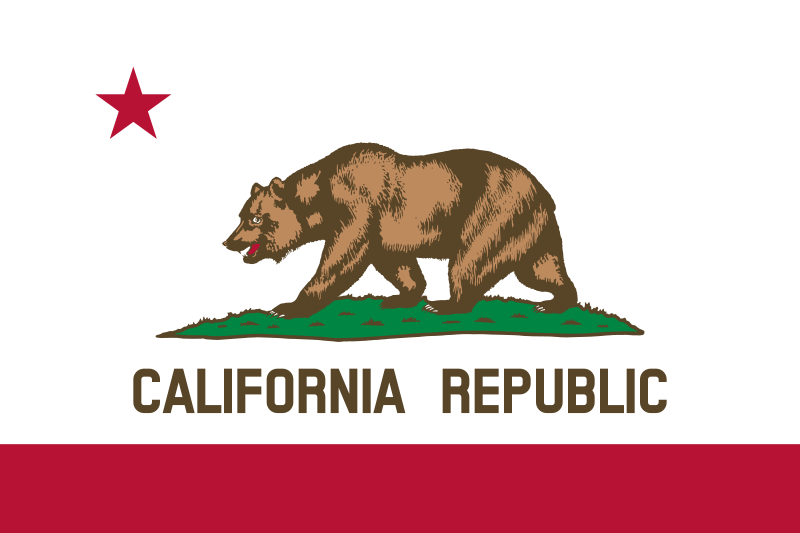Californians for Kidney Dialysis Patient Protection filed 692,521 raw signatures to place an initiative on the November ballot. The measure would enact staffing requirements, reporting requirements, ownership disclosure, and closing requirements for chronic dialysis clinics. The ballot initiative would also prohibit clinics from refusing to care for a patient based on the patient’s form of payment, whether the patient is an individual payer, the patient’s health insurer, Medi-Cal, Medicaid, or Medicare.
The initiative was filed on Aug. 24, 2021, and was cleared for signature gathering on Oct. 29. The required number of signatures to place an initiated state statute on the ballot is 623,212, which is 5% of the votes cast in the last gubernatorial election. Signatures are first filed with local election officials, who determine the total number of signatures submitted. If the total number is equal to at least 100% of the required signatures, then local election officials perform a random check of signatures submitted in their counties. If the random sample estimates that more than 110% of the required number of signatures are valid, the initiative is eligible for the ballot. If the random sample estimates that between 95 and 110% of the required number of signatures are valid, a full check of signatures is done.
According to the latest campaign finance filings, SEIU-UHW West, a labor union for healthcare workers in California, is the only donor to the initiative campaign with contributions totaling over $3.5 million. On its website, Californians for Kidney Dialysis Patient Protection said, “Big dialysis corporations make billions of dollars annually. The average profit margin for DaVita and Fresenius clinics in the United States is 16% and 15.8% respectively — nearly six times as high as the average profit margin for US hospitals.”
Stop Yet Another Dangerous Dialysis Proposition is registered in opposition to the initiative. It has received endorsements from the American Academy of Nephrology PAs, California Chamber of Commerce, California Medical Association, California Taxpayer Protection Committee, and National Hispanic Medical Association. The campaign reported over $2.2 million in contributions, including $1.1 million from DaVita and $1.1 million from Fresenius Medical Care.
California voters rejected two other initiatives related to dialysis regulation in 2018 and 2020. In 2018, the campaign Californians for Kidney Dialysis Patient Protection supported Proposition 8 to require dialysis clinics to issue refunds to patients or patients’ payers for revenue above 115% of the costs of direct patient care and healthcare improvements. Proposition 8 was rejected with 59.9% of the vote. In 2020, the SEIU-UHW West launched a new campaign for Proposition 23 to have a minimum of one licensed physician present at the clinic while patients are being treated; report data on dialysis-related infections to the state health department and National Healthcare Safety Network (NHSN); and provide a written notice to the state health department and obtain consent from the state health department before closing a chronic dialysis clinic. Proposition 23 was rejected with 63.4% of the vote.
For the 2022 election cycle, 53 initiatives were filed in California, which is the second-lowest amount filed between 2014 and 2022 in the state. The highest number of initiatives filed occurred in 2016 with 135, and the lowest number of initiatives were filed for the 2020 ballot with 46.
Additional reading:


